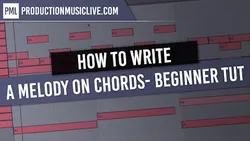
How to write Chord Progressions & Melodies 
Production Music Live provides a comprehensive tutorial on how to use Ableton to create melodies with accompanying chords. Learn the basics of chord progressions and melodies with this helpful guide. ▼
ADVERTISEMENT
Course Feature
![]() Cost:
Cost:
Free
![]() Provider:
Provider:
Youtube
![]() Certificate:
Certificate:
Paid Certification
![]() Language:
Language:
English
![]() Start Date:
Start Date:
On-Demand
Course Overview
❗The content presented here is sourced directly from Youtube platform. For comprehensive course details, including enrollment information, simply click on the 'Go to class' link on our website.
Updated in [April 29th, 2023]
This course, "How to Write Chord Progressions & Melodies," offered by Production Music Live, provides an introduction to using Ableton to create melodies with accompanying chords. Participants will learn how to create chord progressions and melodies that are both creative and unique. They will also learn how to use Ableton's tools to create their own sounds and textures. Additionally, the course will cover topics such as music theory, song structure, and arrangement. By the end of the course, participants will have the skills and knowledge to create their own melodies and chord progressions.
[Applications]
After taking this course, students will be able to apply their knowledge of chord progressions and melodies to create their own music. They will be able to use Ableton to create unique and interesting sounds, as well as experiment with different chord progressions and melodies. Additionally, they will be able to use the techniques learned in the course to create music for various genres, such as pop, rock, jazz, and more.
[Career Paths]
1. Music Producer: Music producers are responsible for creating, arranging, and producing music for a variety of media, including film, television, radio, and video games. They work with artists to create the desired sound and collaborate with engineers to ensure the highest quality of sound. As technology advances, music producers are increasingly using digital tools to create and mix music.
2. Music Composer: Music composers create original music for a variety of media, including film, television, video games, and theater. They work with directors and producers to create the desired sound and collaborate with musicians to ensure the highest quality of performance. As technology advances, music composers are increasingly using digital tools to create and arrange music.
3. Music Arranger: Music arrangers are responsible for arranging existing music for a variety of media, including film, television, radio, and video games. They work with composers and producers to create the desired sound and collaborate with musicians to ensure the highest quality of performance. As technology advances, music arrangers are increasingly using digital tools to create and arrange music.
4. Music Engineer: Music engineers are responsible for recording, mixing, and mastering music for a variety of media, including film, television, radio, and video games. They work with producers and musicians to create the desired sound and collaborate with composers and arrangers to ensure the highest quality of performance. As technology advances, music engineers are increasingly using digital tools to record, mix, and master music.
[Education Paths]
1. Bachelor of Music: This degree path provides students with a comprehensive understanding of music theory, composition, and performance. Students learn to read and write music, develop their own compositions, and gain an understanding of the history and development of music. Additionally, students learn to use music production software such as Ableton to create melodies and chord progressions. This degree path is becoming increasingly popular as technology continues to advance and the music industry continues to evolve.
2. Bachelor of Arts in Music Technology: This degree path focuses on the use of technology in music production. Students learn to use music production software such as Ableton to create melodies and chord progressions, as well as to mix and master tracks. Additionally, students learn to use digital audio workstations, synthesizers, and other music production tools. This degree path is becoming increasingly popular as technology continues to advance and the music industry continues to evolve.
3. Master of Music in Music Production: This degree path focuses on the advanced techniques of music production. Students learn to use music production software such as Ableton to create melodies and chord progressions, as well as to mix and master tracks. Additionally, students learn to use digital audio workstations, synthesizers, and other music production tools. This degree path is becoming increasingly popular as technology continues to advance and the music industry continues to evolve.
4. Master of Arts in Music Technology: This degree path focuses on the use of technology in music production. Students learn to use music production software such as Ableton to create melodies and chord progressions, as well as to mix and master tracks. Additionally, students learn to use digital audio workstations, synthesizers, and other music production tools. This degree path is becoming increasingly popular as technology continues to advance and the music industry continues to evolve.
Course Provider

Provider Youtube's Stats at AZClass
Discussion and Reviews
0.0 (Based on 0 reviews)
Explore Similar Online Courses
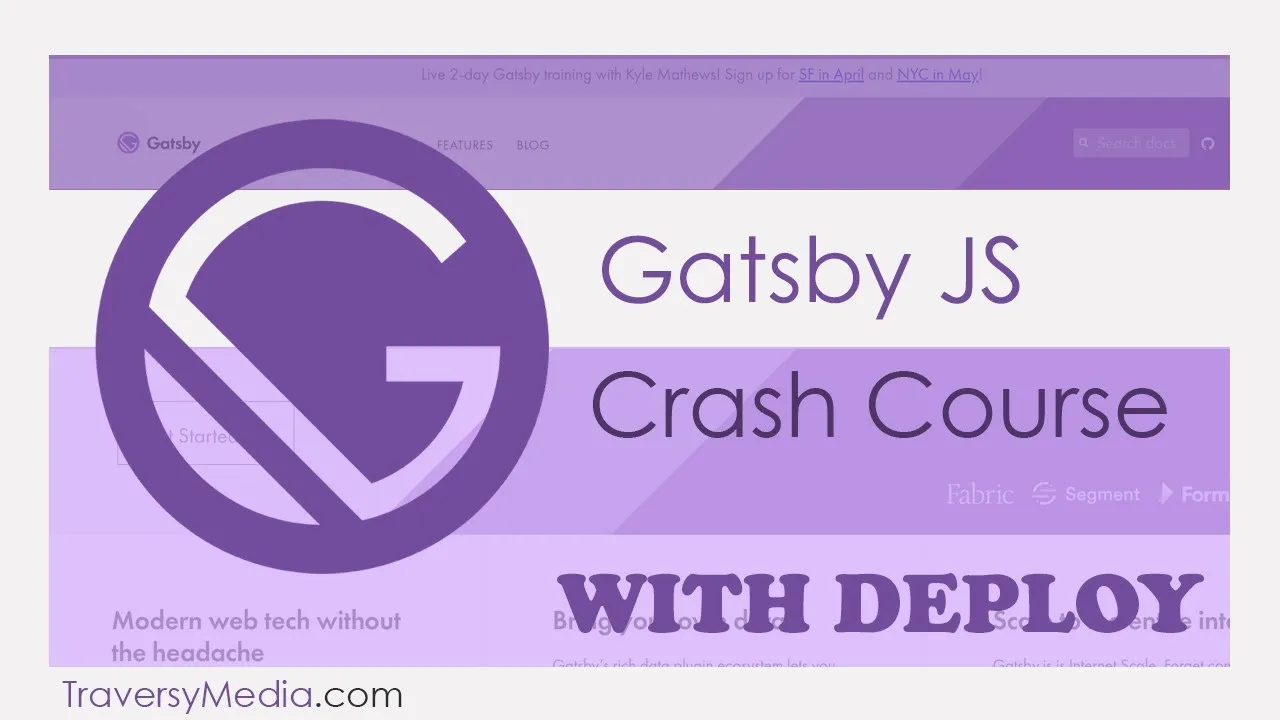
Gatsby JS Crash Course
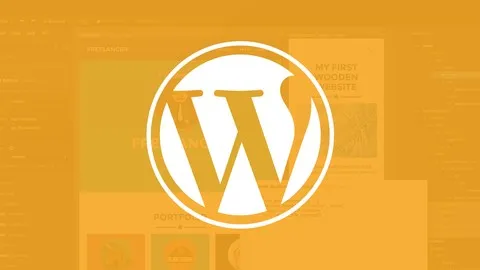
Learn how to create a WordPress theme using Pinegrow

Python for Informatics: Exploring Information

Social Network Analysis

Introduction to Systematic Review and Meta-Analysis

The Analytics Edge

DCO042 - Python For Informatics

Causal Diagrams: Draw Your Assumptions Before Your Conclusions

Whole genome sequencing of bacterial genomes - tools and applications
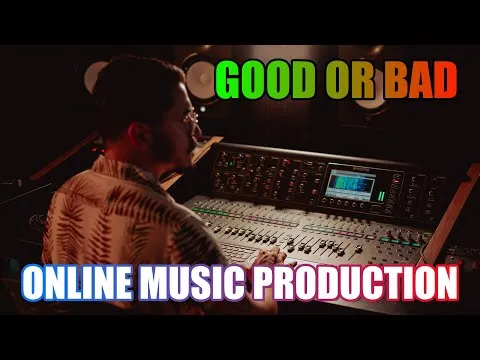
online music production course good or bad
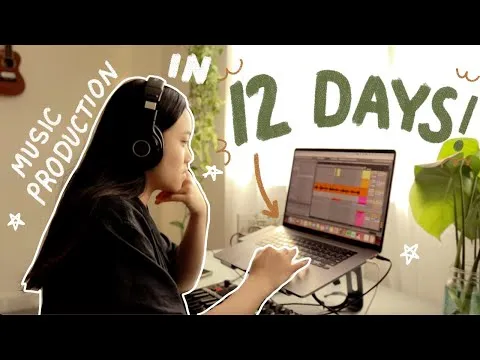
I Learn How to Produce Music in 12 DAYS!
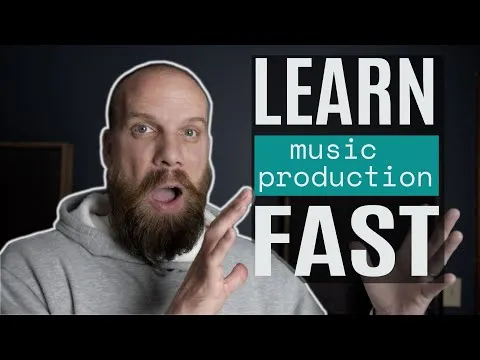
Music Production Classes Online
 Related Categories
Related Categories
 Popular Providers
Popular Providers
Quiz
 Submitted Sucessfully
Submitted Sucessfully
1. What type of software is used to create melodies and chords?
2. What type of music is taught in this course?
3. What is the main focus of this course?


Start your review of How to write Chord Progressions & Melodies